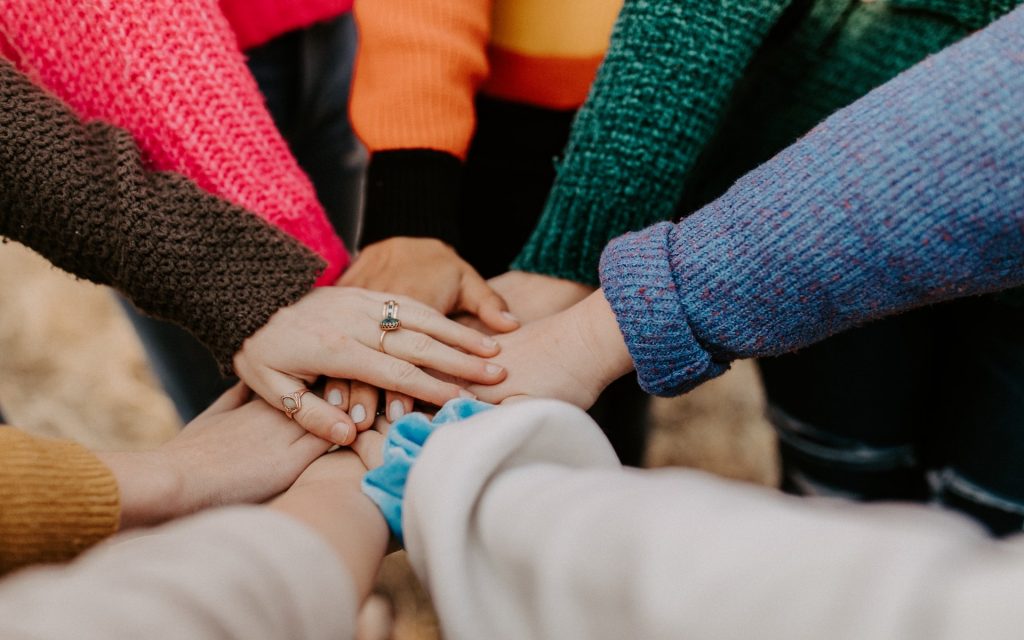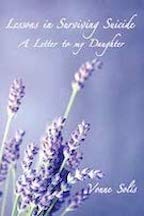Sadly, I had a reminder recently of just how much our grief culture today remains unchanged from sixteen years ago, when I lost my daughter (and decades before). One of my family members shared with me the difficulty they had in knowing what to say to an acquaintance, who has a family member who is critically ill with COVID 19.
Given our own bereavement and the isolation we all felt as a result of it, I was somewhat taken aback to learn that this encounter for my family member still felt extremely awkward, despite everything we’ve gone through after the suicide of my daughter. It turns out that the bereaved can be just as tongue-tied when having an unexpected and/or unpleasant conversation with someone going through stress, worry or trauma. In this case, someone coping with the serious illness of a loved one that could potentially lead to their death.
GRIEF CULTURE HASN’T CHANGED AT ALL
Which got me thinking that grief culture today hasn’t changed at all from when my family first became bereaved in 2005. And, more specifically, how awkward and uncomfortable it is for everyone to talk about death and grief, no matter which side of the fence we’re on. Bereaved or not.
I think, talk, and write a lot about the ways in which we can and should change our cultural behaviour toward death and grief for two reasons. One, to better support the bereaved in their healing much sooner and more effectively. Two, to empower the bereaved so that they can create their own narrative around loss and healing and rebuild their life in a safe space, with far fewer obstacles than what mainstream society still presents them with today. In fact, changing how we think about death and behave around the bereaved would empower everyone to become more compassionate and sensitive toward the grieving, because everyone has the same potential to be THAT person nobody wants to be. Which is someone who has lost a loved one or risks losing a loved one to death.

DEATH WILL HAPPEN SOONER OR LATER
It is so difficult to not only cope with a stressful and/or traumatic life event in the midst of it unfolding, but in dealing with the fallout. Which in a worst-case scenario is the death of a loved one. But it happens. Death will happen to everyone sooner or later. And the safer we feel to share what’s going on with us in these times of stress and trauma, both in our physical reality and emotionally and mentally, the easier it is to recover from the ordeal. I say ordeal because when we do have to face loss, the grief experience is very much an ordeal. It hits us in many ways and for varying amounts of time. In some cases, people never recover.
Part of the problem in trying to recover from loss is the cultural silence and awkwardness we have talking about death and grief. No one wants to go there. Regardless that it’s a reality for tens of thousands (if not more) of people every single day. So, how can we help each other?

THE 5 BEST THINGS TO SAY TO SOMEONE BEREAVED OR FACING LOSS
- Address the elephant in the room by immediately acknowledging their recent loss or critical situation their loved one is facing. From my experience and having talked with many people over the years, I’ve found that most bereaved individuals or people facing the potential loss of their loved one welcome the opportunity to share even a little bit of what they’ve gone through or may be going through.
- Ask them the name of their loved one who is ill or passed away and if appropriate, a few other details about them. How much and what you ask will be dependent on how well you know the person and the situation you are in (casual acquaintance versus good friend).
- Don’t say “I can’t imagine” because we can all imagine what it would be like to have to cope with a life-threatening situation of a loved one or actually lose them. What we can’t imagine is how we would cope. Instead, acknowledge how hard it must be for them to deal with. Because that’s the truth and it feels more authentic and inclusive.
- If you are close to the person, only offer assistance that you know for sure you can provide.
- Tell the individual that the conversation you are having with them feels a bit awkward for you and that you aren’t sure what to say. That you are just trying to be as supportive for them as you can without being intrusive. They will appreciate your gesture.
IT COULD BE YOU
While anyone reading this may not be comfortable with any of the above, but has a family member, friend, colleague or acquaintance experiencing recent or potential loss, consider for a moment that they are not people to be frightened of. Rather, they are people who are in need of your compassion and empathy. Which is easier to demonstrate when you remember it could be you in the exact same boat one day, when you least expect it.

Showing a little warmth, such as giving the bereaved a genuine hug and sharing a few kind words with them that aren’t laced with sympathy, can go a long way to helping them heal. As they say, you learn from experience. We will all lose someone (or in the case of those already bereaved, someone else), some day. I’ve lost several loved ones. Which makes loss and grief a normal part of being human.
I hope you find this helpful.
Cheers,
Vonne
For more info about books, meditations and other services visit vonnesolis.com.
Feature Photo by Noah Silliman on Unsplash



